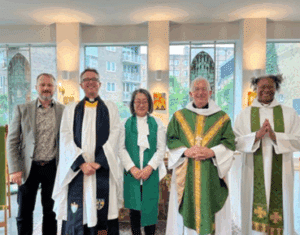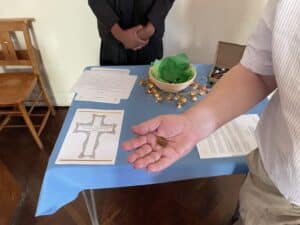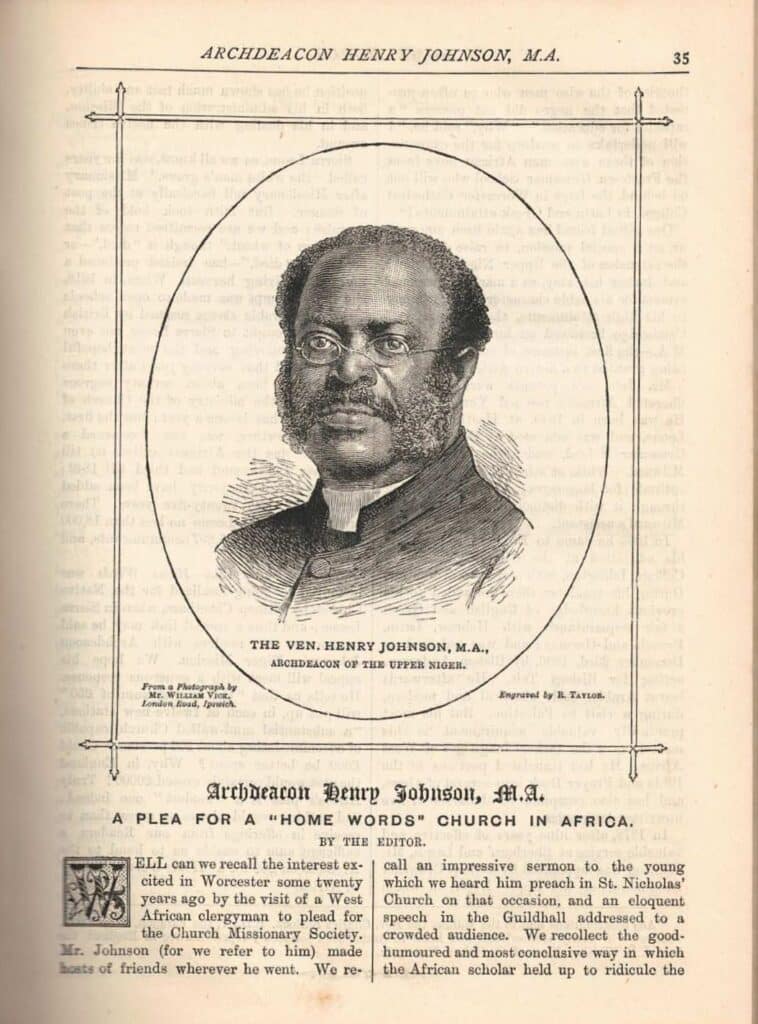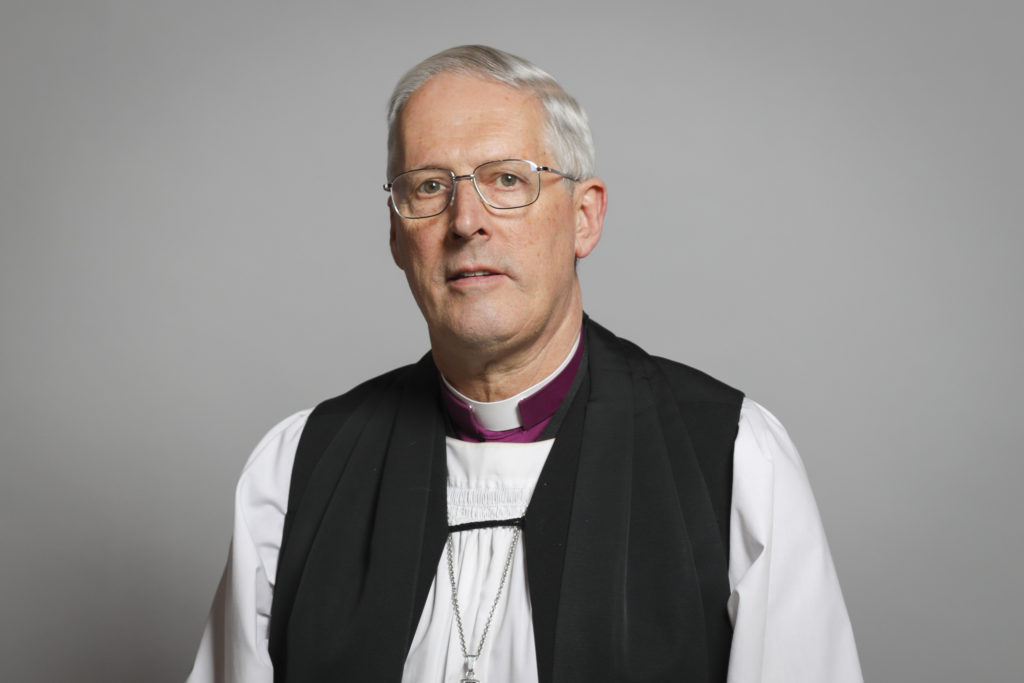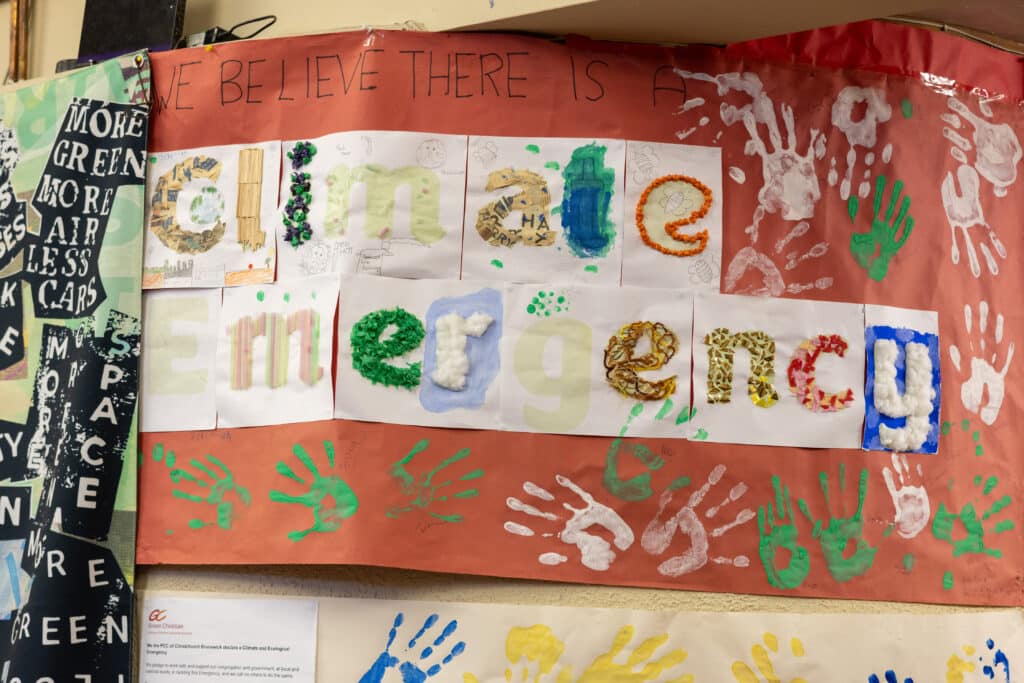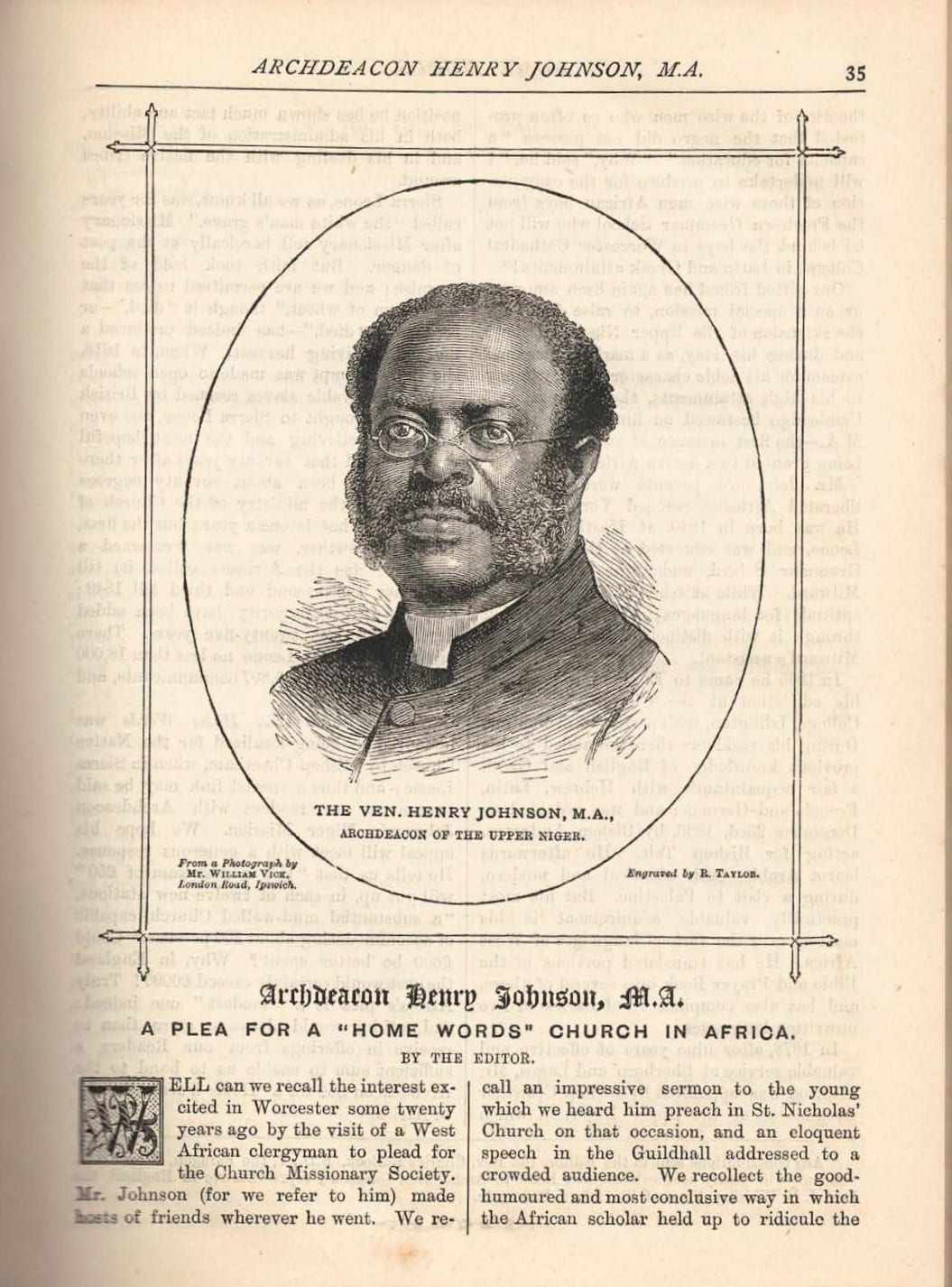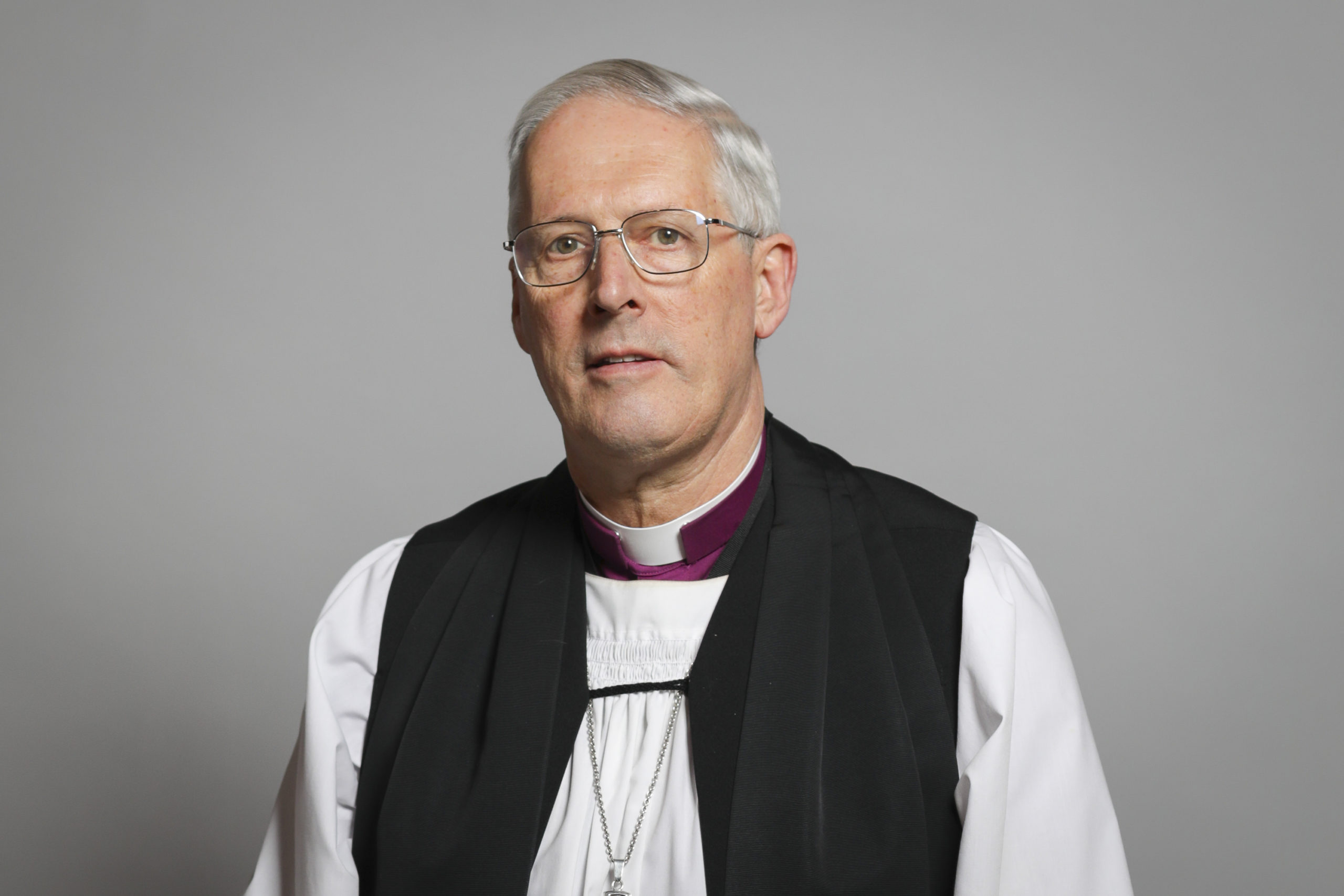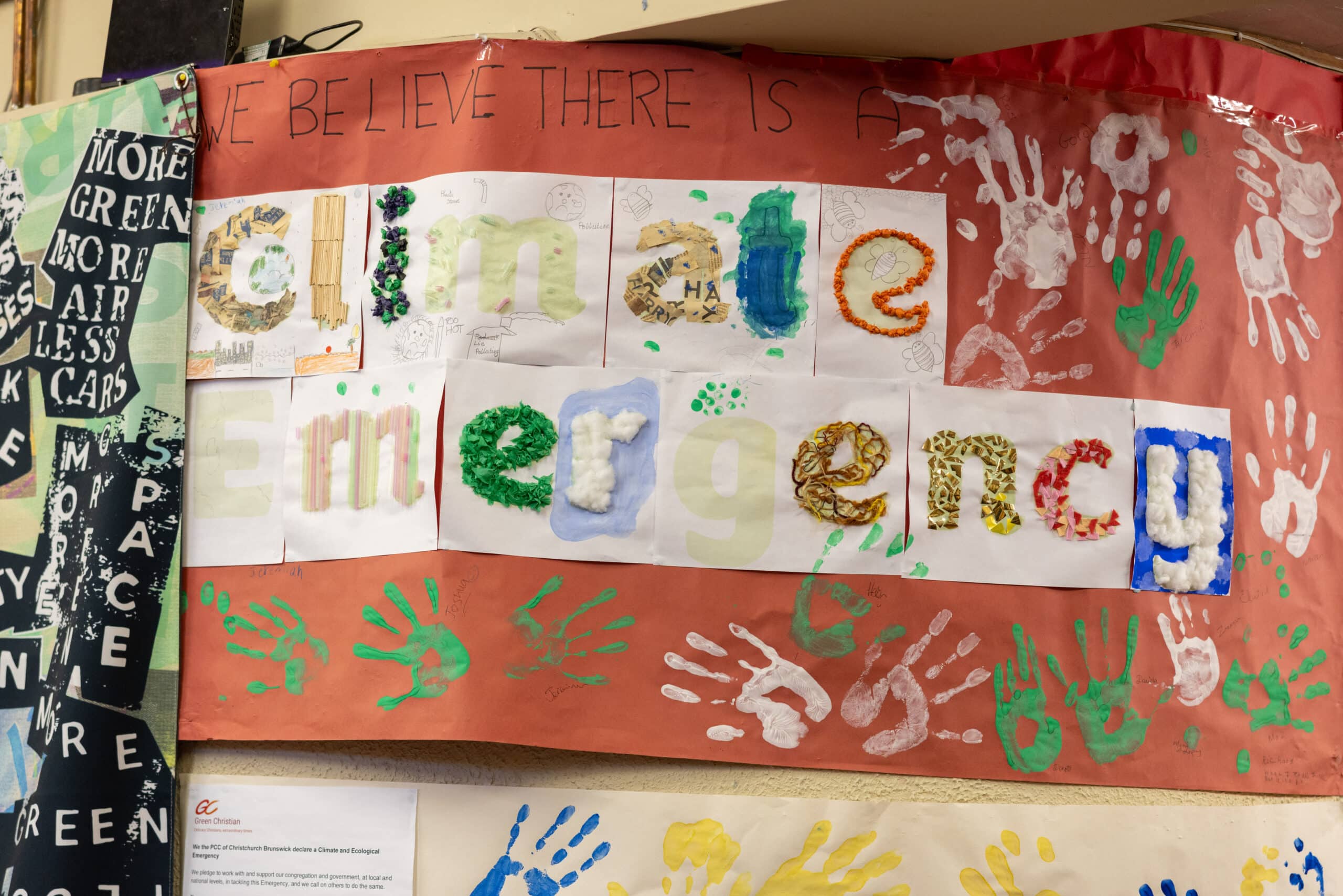There are so many ways to tell the story of the past year. The hardships suffered have taken many forms: ill health, bereavement, isolation and anxiety amongst them. At the Trussell Trust, our food bank network has borne witness to the devasting financial impacts of the pandemic which have left many families and individuals unable to afford to put food on the table. 1.2 million emergency food parcels were given to people in crisis by food banks in our network from April to September last year: 47% more than for the same six-month period in 2019. This is just the tip of the iceberg, with many more households receiving emergency food provision through other routes.
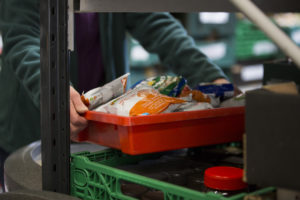
Rose*, who usually works as a cleaner but found herself needing support from Wandsworth Foodbank during the pandemic, gives us an idea of what this has meant for people:
‘We’ve definitely had to cut down on the amount of food we are eating. We’re very worried about having empty shelves and not being able to feed our child. We were most concerned about paying the rent above all else, but at the same time worried about providing for our son. We felt bills should be our priority over food as we were frightened of getting into debt or being evicted.’
As Rose and her family experienced, being unable to afford food has an emotional cost as well as a direct impact on health and wellbeing.
There is also a story to be told, however, of partnership, generosity, and compassion. Now back on her feet, Rose tells us:
‘I would rate the food bank 5 stars. The lady I spoke to was so kind and helpful. Someone drove round to visit us and bring food, and we felt very supported. We are very grateful for the help we received.’
This kind of experience is made possible only by people giving generously of their time, money, food and skills to make a difference to others. Churches are right at the heart of our food bank network, and have played a vital part in enabling food banks across South London to respond to increasing needs and changing circumstances during the pandemic.
In some cases this has meant being generous with buildings and storage space, in others it has meant donating food or providing volunteers. Rebekah Gibson from Waterloo Foodbank tells us what this kind of generosity (literally) looks like:
‘I’m standing in the choir stalls of the church surrounded by parcels and looking out at rows and rows of food.’
There is a similar story in Wandsworth, as Sarah Chapman explains:
“When we first set up the food bank in 2013, we had no food and needed to collect three tonnes before we could open, and slightly wondered how we’d do that, we were given this verse by someone in the church family:
“Bring all the tithes into the storehouse so there will be enough food in my Temple. If you do,” says the Lord of Heaven’s Armies, “I will open the windows of heaven for you. I will pour out a blessing so great you won’t have enough room to take it in! Try it! Put me to the test!” (Malachi 3:10)
This has been our experience from day one, that we have always had enough food to meet the needs of the growing numbers of people referred to us. We’ve often gone back to this verse during the pandemic, as we’ve prayed for provision and protection, and hope – for those we’re helping and for us as a team. We’ve seen an almost doubling in need in our community, but also a matched giving from churches and community – in finances and food. We have known God with us, every step of the way – including this year – and this is a real blessing.”
I know that this abundant provision is part of a story that is replicated across the country, and it is one for which we are deeply grateful. Without this, it would simply not have been possible to sustain and grow our support for people in crisis.
These stories of suffering and compassion, of lack and generosity, evoke different emotions: despair, frustration, anger, hope, relief, and gratitude. I think each has something to teach us as we consider how best to rebuild our society, and how best to respond to the problem of poverty.
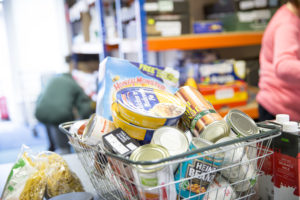
At the Trussell Trust we believe that everyone should have the dignity of being able to afford to buy their own food. As we look towards the future, the story that we want to write – together with others – is one in which we see an end to the need for food banks. This means tackling the long-term causes of poverty as well as responding to crisis need, and it means following the call to seek justice whilst continuing to show compassion. As Rebekah wonderfully puts it:
“Our faith gives us a ‘stubborn hope.’ We all have that kind of stubborn hope that however stormy the seas, however rough it seems, things can get better. Not dismissing the horrendousness of the situation, but hope that makes us strive towards justice – the belief that it can be different and that we can see justice in our community and that we can end the need for food banks.”




